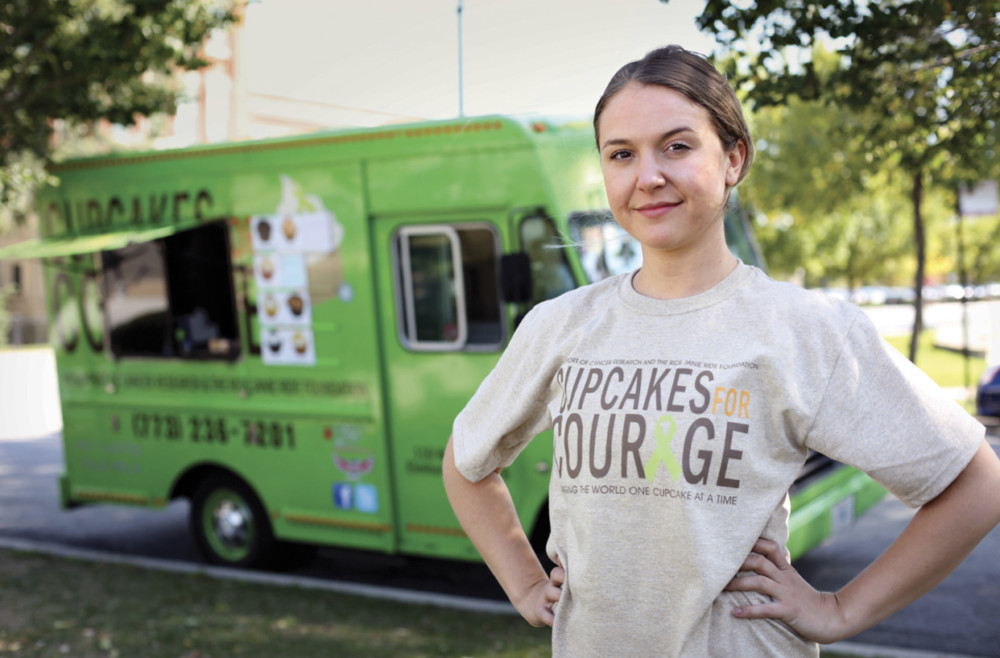By Alexia Elejalde-Ruiz
Chicago Tribune
WWR Article Summary (tl;dr) The Illinois Supreme Court ruled last May that Chicago’s food truck regulations are constitutional, but not everyone is happy about how the city is enforcing the law.
Chicago
A Chicago cupcake-maker engaged in a 7-year fight with the city over its food truck regulations is taking her case to the U.S. Supreme Court.
Attorneys representing Laura Pekarik, owner of Cupcakes for Courage, filed a petition late last month asking the nation’s highest court to review whether a Chicago law requiring food trucks to install GPS tracking devices violates privacy protections.
The appeal does not request review of a city rule prohibiting food trucks from parking within 200 feet of any establishment that serves food, which had been central in Pekarik’s initial lawsuit claiming the city’s law suppresses competition.
That’s because the Illinois Supreme Court’s decision on that issue was based on the state’s constitution, whereas “with the GPS issue, the state court relied exclusively on what the federal constitution demands,” said attorney Rob Frommer with Arlington, Va.-based Institute for Justice, a nonprofit libertarian public interest law firm representing Pekarik.
The Illinois Supreme Court in May ruled that Chicago’s food truck regulations are constitutional and that the city can protect restaurants from their wheeled competitors, affirming the ruling of the appellate court and the circuit court before it.
In its unanimous decision, the court said the city has a legitimate government interest in protecting bricks-and-mortar restaurants because they bring long-term stability and economic growth to neighborhoods.
Regarding the GPS requirement, the court ruled it is the best and most accurate way to locate a food truck for health inspections or in case of a public health emergency. The city has never requested the location data from the service provider that collects it and the data is not available to the public, the court noted.
But Frommer said the city is collecting a database of food trucks’ movements so that it can enforce its 200-foot ban, and that such monitoring violates Fourth Amendment protections against unreasonable searches.
“Anyone who has to get a government license could be required to subject themselves to similar surveillance,” Frommer said in an interview Wednesday. “The privacy rights of millions of Illinoisans and Americans are at risk.”
The city’s Law Department did not immediately respond to a request for comment. The city previously has said its law sought to strike a balance between the interests of food trucks and bricks-and-mortar restaurants.
Chicago food truck operators have said the restrictions have driven entrepreneurs out of business and stunted the local scene even as it has thrived elsewhere in the nation.
The appeal, filed Sept. 20, was distributed to the justices Wednesday, Frommer said. The city last week waived its right to respond and will have to do so only if a justice requests it. It could be months before the court decides whether to take the case.
Pekarik filed her lawsuit in 2012. Initially a food truck entrepreneur, Pekarik ceased her regular truck route because the limited parking prevented her from promising customers she would be in a certain location, and she feared getting a ticket.
The Cupcakes for Courage truck is now used only for catering or special events and most of Pekarik’s business comes from her storefronts in Elmhurst and Oak Park.
___
Distributed by Tribune Content Agency, LLC.














































































































































































































































































































































































